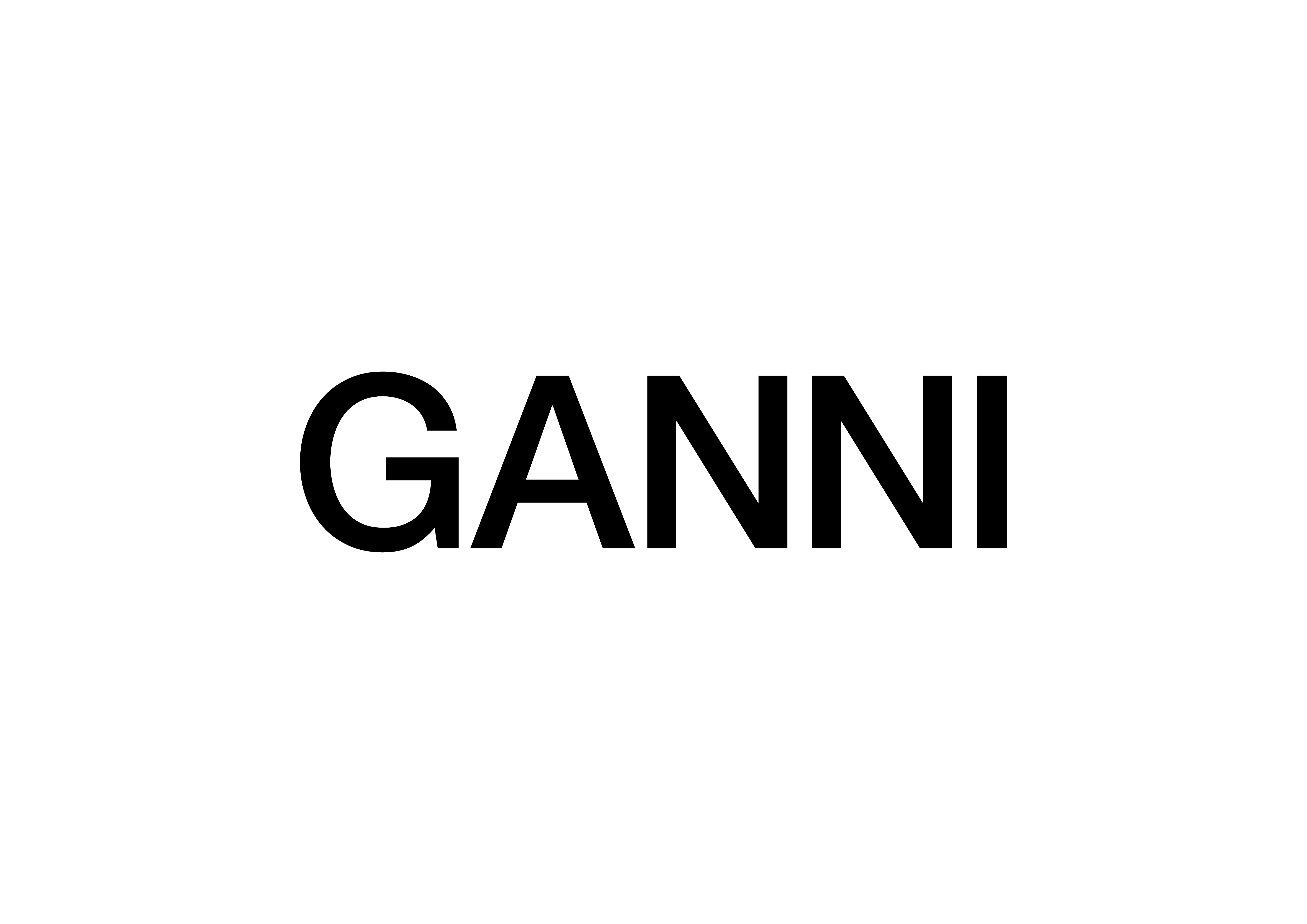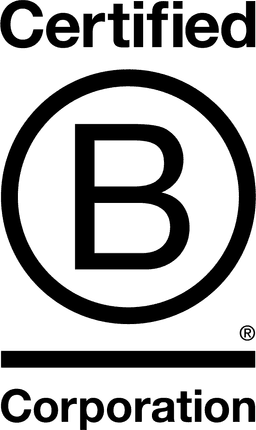

Ganni A/S

1.6
Capital Region of Denmark, Denmark
September 2022
Apparel
Wholesale/Retail
China,
Denmark,
France,
Germany,
Netherlands The,
Norway,
Sweden,
United Kingdom,
United States
Based in Copenhagen and owned and run by husband-and-wife team Creative Director Ditte Reffstrup and Founder Nicolaj Reffstrup, GANNI has developed exponentially over recent years with its Scandi 2.0 sense of style full of personality and contrast. GANNI is all about making our community who wear our clothes feel even more confident and capable of anything. For us, acting responsibly is a moral obligation. We are on a journey to minimize our social and environmental impact and strive to be a more responsible version of ourselves every day. In 2020, we launched our GANNI Gameplan setting ourselves 44 tangible goals to be reached by 2023 across four main pillars; People, Planet, Product and Prosperity. GANNI has offices in Copenhagen, London, Paris, New York & Shanghai and is represented in more than 600 of the world’s top-tier retailers as well as 37 GANNI retail locations across Europe, and the United States. GANNI.com delivers internationally to 35 countries including Australia, Canada and South Korea.
Overall B Impact Score
Governance 17.2
Governance evaluates a company's overall mission, engagement around its social/environmental impact, ethics, and transparency. This section also evaluates the ability of a company to protect their mission and formally consider stakeholders in decision making through their corporate structure (e.g. benefit corporation) or corporate governing documents.
What is this? A company with an Impact Business Model is intentionally designed to create a specific positive outcome for one of its stakeholders - such as workers, community, environment, or customers.
Workers 21.2
Workers evaluates a company’s contributions to its employees’ financial security, health & safety, wellness, career development, and engagement & satisfaction. In addition, this section recognizes business models designed to benefit workers, such as companies that are at least 40% owned by non-executive employees and those that have workforce development programs to support individuals with barriers to employment.
Community 18.9
Community evaluates a company’s engagement with and impact on the communities in which it operates, hires from, and sources from. Topics include diversity, equity & inclusion, economic impact, civic engagement, charitable giving, and supply chain management. In addition, this section recognizes business models that are designed to address specific community-oriented problems, such as poverty alleviation through fair trade sourcing or distribution via microenterprises, producer cooperative models, locally focused economic development, and formal charitable giving commitments.
Environment 29.1
Environment evaluates a company’s overall environmental management practices as well as its impact on the air, climate, water, land, and biodiversity. This includes the direct impact of a company’s operations and, when applicable its supply chain and distribution channels. This section also recognizes companies with environmentally innovative production processes and those that sell products or services that have a positive environmental impact. Some examples might include products and services that create renewable energy, reduce consumption or waste, conserve land or wildlife, provide less toxic alternatives to the market, or educate people about environmental problems.
What is this? A company with an Impact Business Model is intentionally designed to create a specific positive outcome for one of its stakeholders - such as workers, community, environment, or customers.
Customers 4.0
Customers evaluates a company’s stewardship of its customers through the quality of its products and services, ethical marketing, data privacy and security, and feedback channels. In addition, this section recognizes products or services that are designed to address a particular social problem for or through its customers, such as health or educational products, arts & media products, serving underserved customers/clients, and services that improve the social impact of other businesses or organizations.